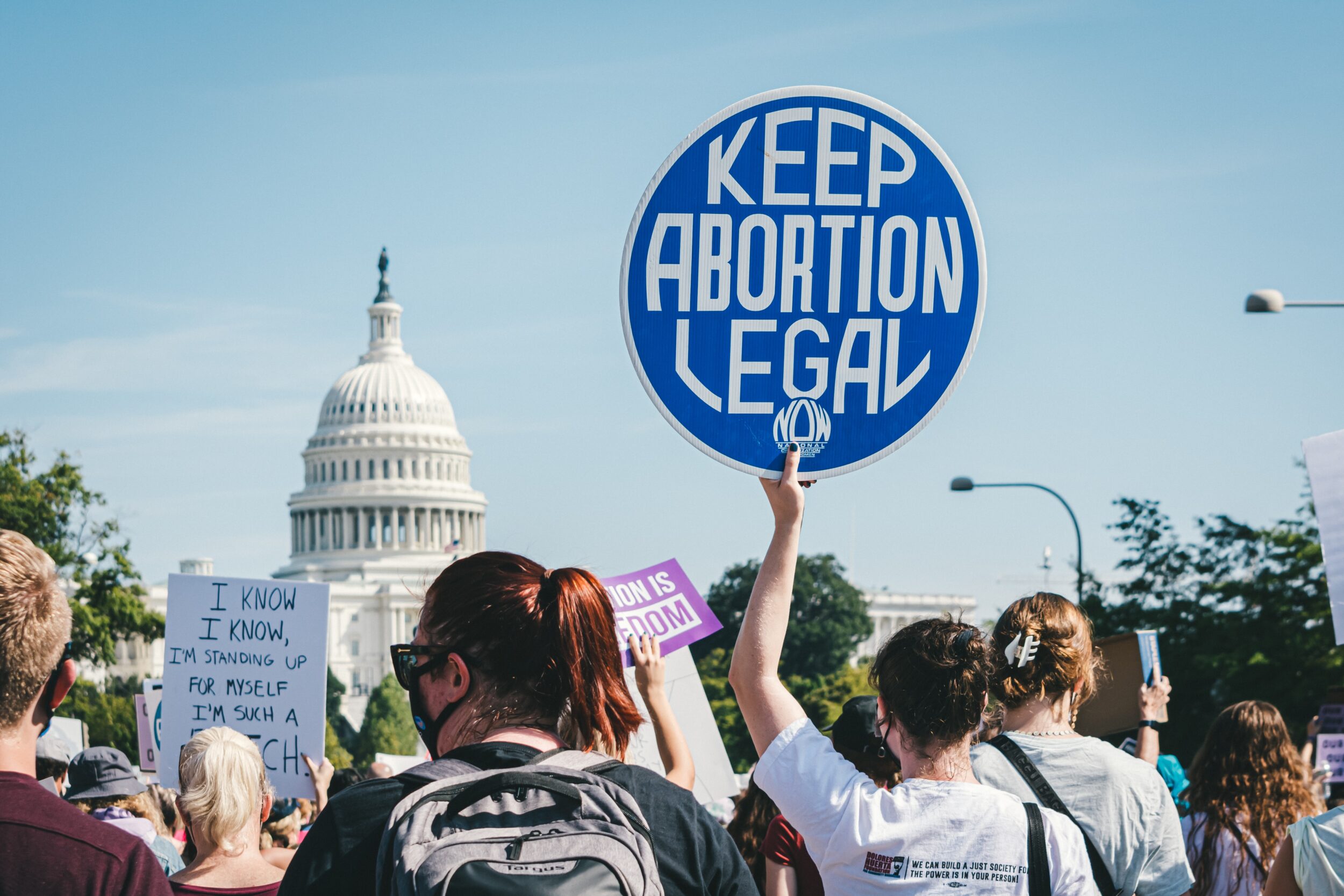This is creepy audio. The American media ProPublica released this Wednesday, November 15, a recording of a conversation between Tennessee legislators and major American anti-abortion groups. In the audio stream, we hear the latter trying to convince lawmakers not to relax Tennessee’s abortion-ban law. Since the revocation of Roe vs. Wade by the US Supreme Court on June 24, each state is now free to legislate abortion as it sees fit. In this regard, Tennessee’s legislation is one of the toughest in the United States. Any doctor who performs an abortion in this state faces up to 15 years in prison and a fine of up to $10,000 unless he can prove his patient’s life was in danger.
IVF and contraception in focus
To persuade lawmakers not to relax their law, one of the anti-abortion representatives identified in this audio goes even further. Stephen Billy, vice president of state affairs for anti-abortion group Susan B. Anthony Pro-Life America, suggests his interlocutors, Tennessee lawmakers, wait “until next year, two or three years to ‘regulate’ the access to in vitro fertilization (IVF) and contraception. Words speak for themselves, the detractors of the right to abortion in the United States have not finished fighting to limit the right of women to dispose of their bodies. And it appears that infertility remedies, such as IVF, and pregnancy control are in their sights. A question then arises: are American women really at risk of losing their rights to IVF and contraception?
A panelist on the call told lawmakers that regulating IVF and contraception could be pursued in a few years, but “I wouldn’t recommend having [that conversation] now in the context of your current law. pic.twitter.com/QzixgghsMh
— Kavitha Surana (@Ksurana6) November 15, 2022
Insurance, a constraint on in vitro fertilization
The spell given to Roe vs. Wade proved it, even written in black and white in the Constitution, women’s rights are never guaranteed. The right to abortion is hardly buried, some judges of the Supreme Court already predicted the suppression of other fundamental conquests. Like Clarence Thomas, a 74-year-old conservative judge, who hastened to suggest “correcting” a “myriad of rights”, such as the right to contraception and marriage for all. To date, American doctors seem to have carte blanche when it comes to assisted reproduction courses (MAP): egg freezing, in vitro fertilization, surrogate mother… all options are authorized and those who wish can even choose the sex and the color of the eyes of the unborn child. The only limitations for access to in vitro fertilization: the regulations of the insurance companies. This is demonstrated by a report published by The Center For Reproductive Rights, an organization which fights in particular for the right to abortion and contraception.
“As of 2019, 17 states in the United States have laws (…) requiring insurance companies to include coverage for infertility diagnosis and treatment,” this report reads. He also specifies that only 11 of them “specifically request in vitro fertilization coverage”. These regulations vary from state to state. However, many of them include eligibility requirements that limit access to IVF. In Maryland, Arkansas and Hawaii, for example, a person applying for IVF coverage must use their spouse’s sperm, thus excluding single women and lesbian couples. Still others limit the number of IVF attempts. So many constraints that could be tightened at any time if the legislators decide. However, more and more American experts warn of this risk.
Rights of the embryo
One month before the Supreme Court decision, The Guardian already published the warnings of Sean Tipton, spokesman of the American Society for Reproductive Medicine, an organization dedicated to research on reproductive medicine. Tipton later stated as much In vitro fertilization could be the “victim” of some legislative proposals debated by some States in addition to those that prohibit abortion. Like the so-called “personality” laws, which confer rights on fertilized ova. Such a measure “could significantly reduce the availability and practice of in vitro fertilization in some states and could make it illegal to freeze or dispose of embryos created in the process,” explained the expert. It could even become forbidden to perform an abortion on a woman suffering from an ectopic pregnancy, which would represent a “death sentence for the mother”. Unless, according to Tipton, these laws specify the rights of doctors in these situations. Currently, Alabama, Arizona, Georgia and Missouri have legalized this right to embryos, each in their own way.
Glimmer of hope
For the moment, not without surprise, it is the opposite scenario to the disaster that is taking place. According to Washington PostStates that have enacted laws restricting abortion have also included exceptional measures regarding infertility pathways. “Since 2010, states have introduced or adopted 83 bills that mention both abortion and IVF, American media lists. Of these, 45 bills explicitly exempt in vitro fertilization and assisted reproductive technologies. So there is a glimmer of hope, and a certain optimism that would like this to be the last word. But it is perhaps more judicious to remain on guard and remember these words of Simone de Beauvoir: «A political, economic and religious crisis is enough for women’s rights, our rights, to be called into question. Throughout your life you will have to remain vigilant. »
Cover image: Unsplash / Gayatri Malhotra
Source: Madmoizelle
Elizabeth Cabrera is an author and journalist who writes for The Fashion Vibes. With a talent for staying up-to-date on the latest news and trends, Elizabeth is dedicated to delivering informative and engaging articles that keep readers informed on the latest developments.





.png)